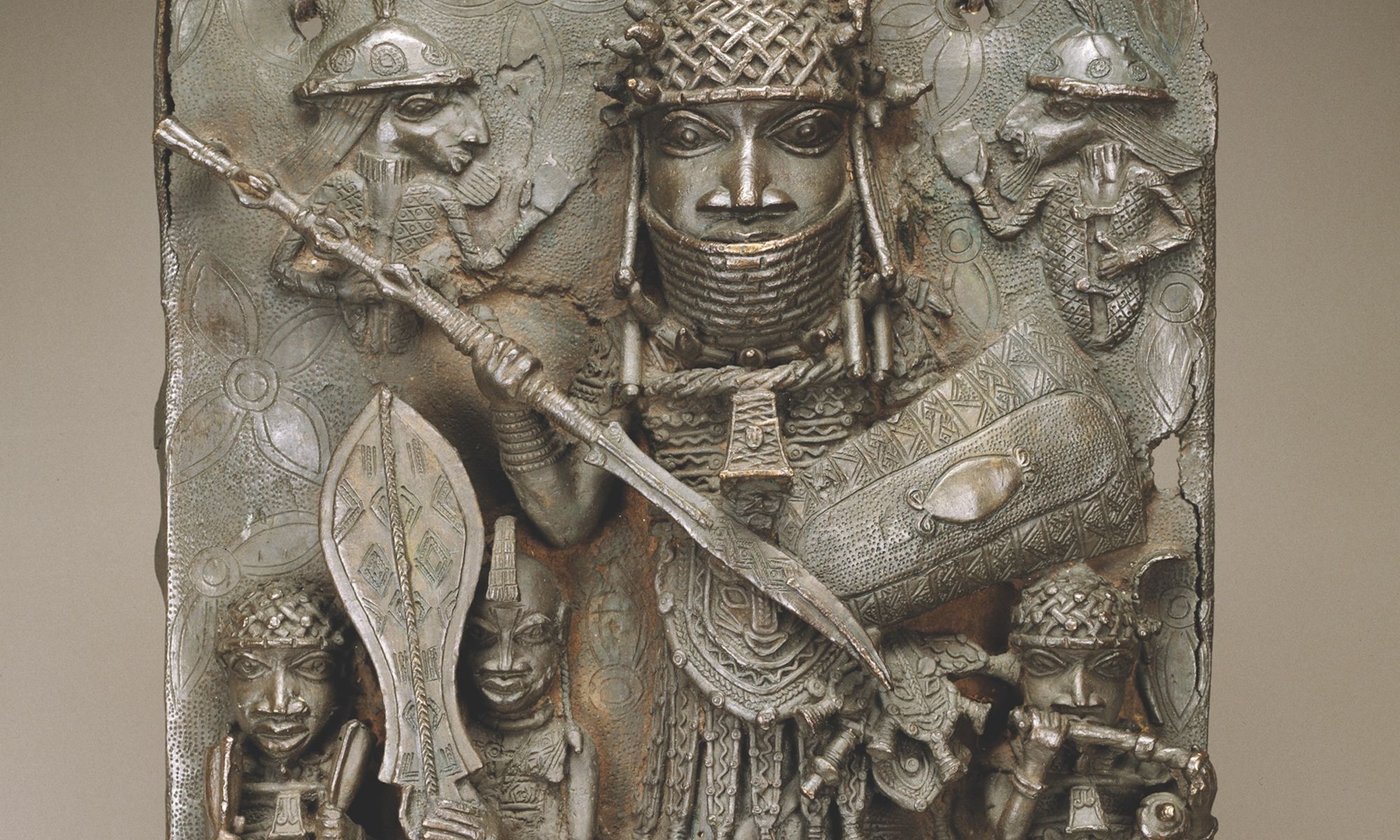Edo artist, Benin City, Edo State, Nigeria, Plaque, mid-16th to 17th century © National Museum of African Art
The justices of the Supreme Court of the United States have opted not to hear a case that sought to block the Smithsonian Institution from returning 29 Benin Bronzes from its collection to Nigeria.
In a filing on the first day of its current term (7 October), the Supreme Court revealed that it had denied certiorari in the case Deadria Farmer-Paellmann v. Smithsonian Institution, meaning it had denied a petition filed by Deadria Farmer-Paellmann and the organisation she leads, Restitution Study Group (RSG), calling on the highest court in the US to review the July 2023 ruling by a district court in favour of the Smithsonian. That decision was subsequently affirmed by an appeals court, leaving Farmer-Paellmann with few options but to appeal to the Supreme Court.
The Supreme Court filing announcing its denial of the petition for a writ of certiorari does not elaborate on the reasoning for passing on the case, though the justices’ docket this term already includes high-stakes cases related to gun control, transgender rights, police violence, storage of nuclear waste and more—not to mention the very real possibility that they will be called upon to help decide the outcome of the US presidential election. The filing simply notes: “The Chief Justice [John Roberts] took no part in the consideration or decision of this petition.”
“While we are disappointed by the Supreme Court's decision not to hear our case, we remain committed to challenging the Smithsonian's power to independently create its own art repatriation policy without public hearing or Congressional approval,” Bruce Afran, a lawyer for RSG, said in a statement. “We will continue to explore legal avenues to have our concerns addressed.”
A spokesperson for the Smithsonian says: “The plaintiffs—Restitution Study Group—lost the case in district court, the appeals court affirmed and the Supreme Court declined to hear the case.” They added that “the case is closed” and “we have nothing further to say on this decision”.
Farmer-Paellmann has argued that the Benin Bronzes are linked to the descendants of enslaved people in the US, and that returning the artefacts to Nigeria denies these Americans the opportunity to experience their culture. She is a descendant of enslaved people brought to the US from the kingdom of Benin.
“The [Supreme] Court’s decision is a setback, but it doesn’t diminish the importance of our cause,” Farmer-Paellmann said in a statement. “These bronzes are our link to learning who we are, and we will continue to fight for permanent access to these relics that connect us to our African heritage.”
The so-called Benin Bronzes are emblematic of the movement pressuring Western museums to return heritage looted from Africa in the colonial era. After the violent 1897 plunder and devastation of the Royal Palace of Benin by British troops, at least 3,000 artefacts were dispersed internationally. In recent years, many institutions and countries have begun returning their Benin Bronzes to Nigeria, whose modern boundaries include the kingdom of Benin (which is distinct from the neighbouring country of Benin).
In March 2022, the Smithsonian announced that it would work with Nigeria’s National Commission for Museums and Monuments to return the Benin Bronzes held in the collection of its National Museum of African Art in Washington, DC. In October of that year, the Smithsonian announced that it had deaccessioned and would repatriate 29 Benin Bronzes to Nigeria, and that further provenance research would be done on more than 20 other Benin artefacts in Smithsonian collections. In June of this year, nine of the repatriated objects went back on display at the Smithsonian’s National Museum of African Art thanks to a long-term loan agreement with the kingdom of Benin.
At the time of the repatriation in October 2022, Smithsonian secretary Lonnie G. Bunch III said: “Not only was returning ownership of these magnificent artefacts to their rightful home the right thing to do, it also demonstrates how we all benefit from cultural institutions making ethical choices. […] Sharing knowledge and stewardship with origin communities will help us better understand and preserve important cultural heritage like the Benin bronzes and illuminate it for future generations in the United States and around the world.”

